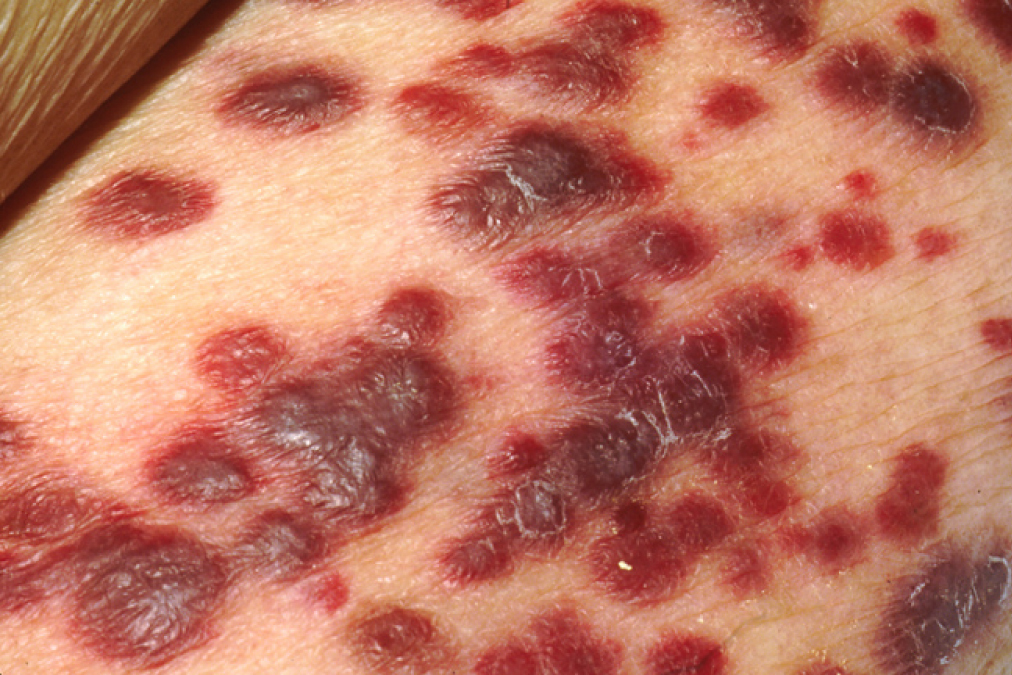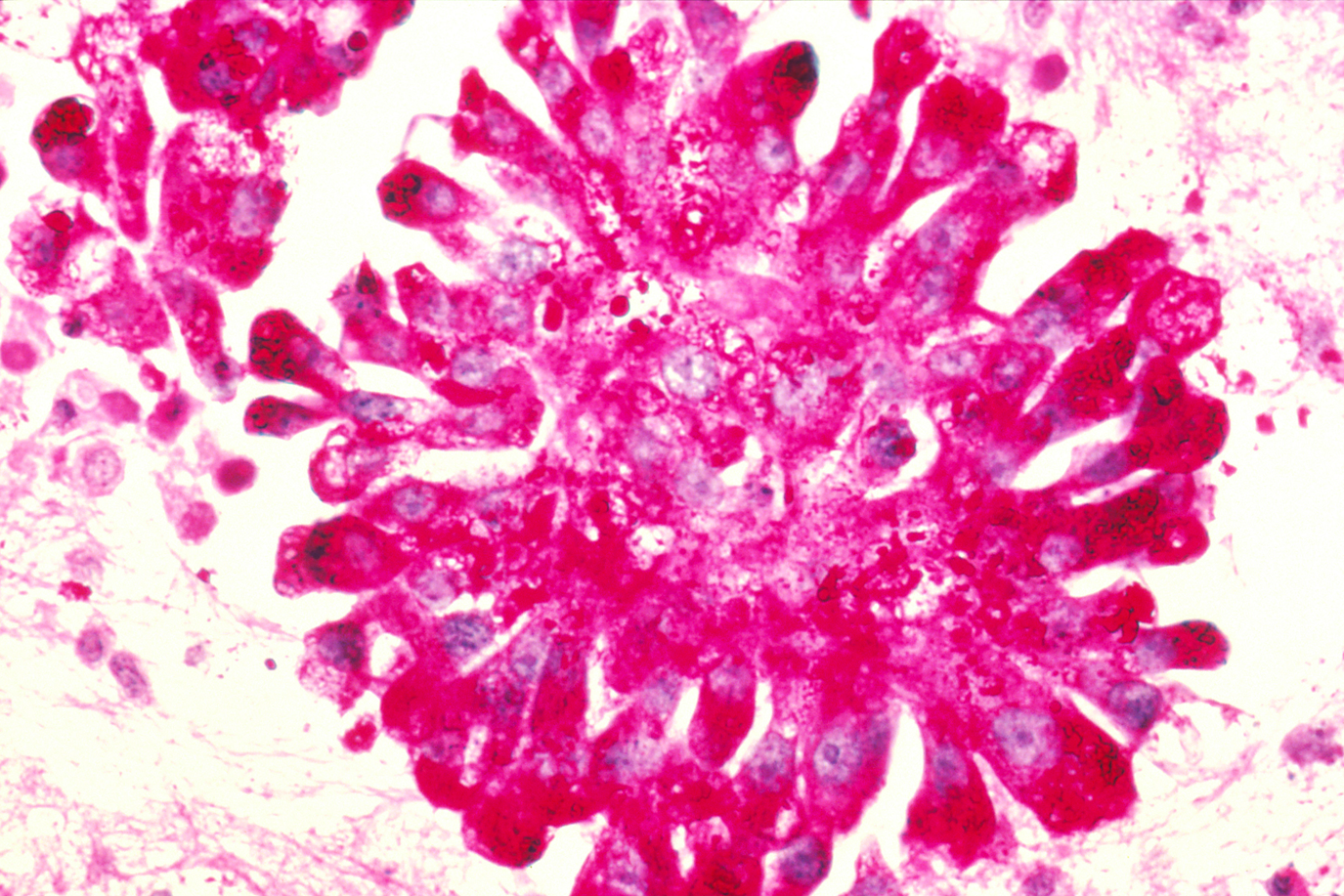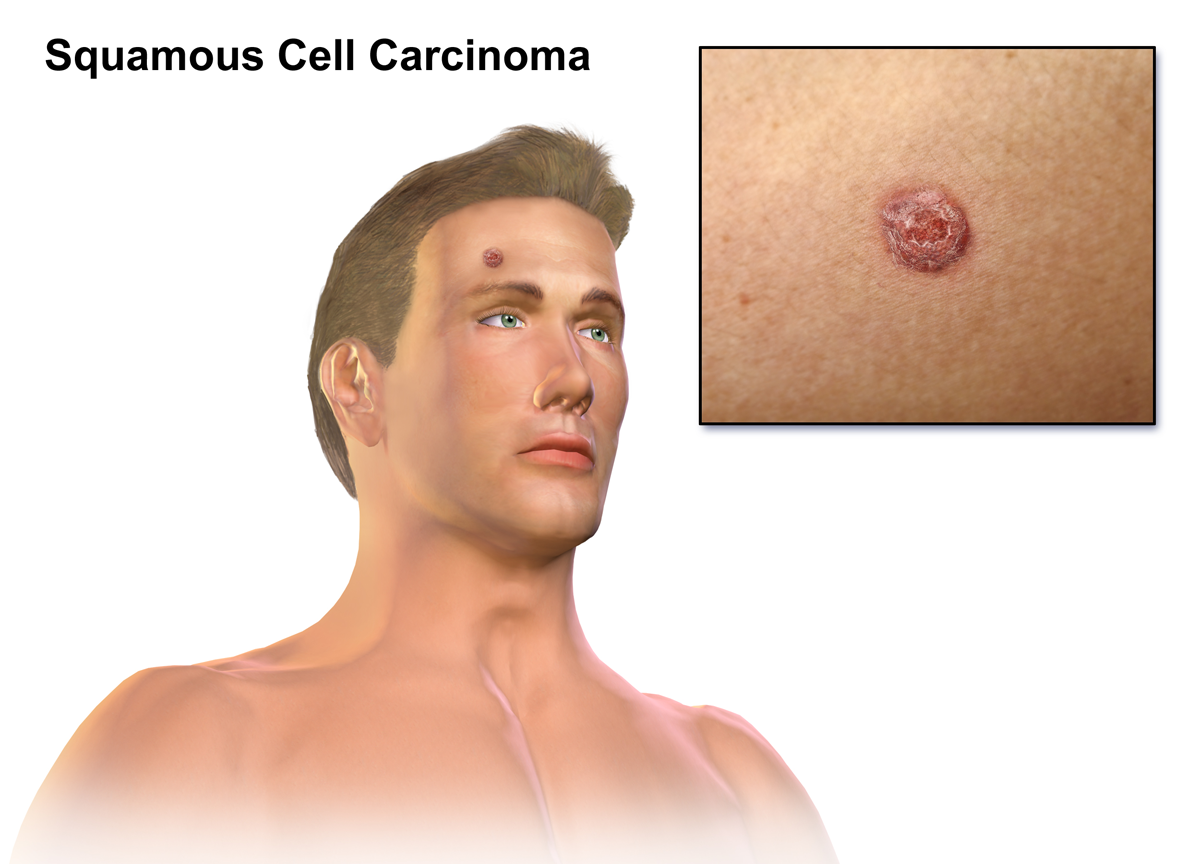Sarcoma Cancer
A sarcoma may be a type of cancer that will occur in various locations in your body. Sarcoma is that the general term for a broad group of cancers that begin within the bones and within the soft (also called connective) tissues (soft tissue sarcoma). Soft tissue sarcoma forms within the tissues that connect, support, and surround other body structures. This includes muscle, fat, blood vessels, nerves, tendons, and the lining of your joints Symptoms Pain is that the most common sarcoma symptom, also as swelling and tenderness (from a tumor in or near a joint) or difficulty with normal movement. Other symptoms may include fatigue, fever, weight loss, and anemia. Additionally, the presence of an easy lump that could eventually become sore or painful is some things that an oncologist should check. Anyone who is suffering from apparent sarcoma symptoms must consult their physician and not assume they need cancer, as these symptoms are general and will be attributed to a different medical condition.

Bone Sarcomas
Bone sarcomas are rare forms of cancer that form within the bone (including the upper arm, shoulder, ribs, and legs). There are four types of primary bone cancer: osteosarcomas, chondrosarcomas, the Ewing’s family of tumors, and giant cell tumor of the bone. Osteosarcoma and Ewing’s sarcoma occur more frequently in children and adolescents; chondrosarcoma and giant cell tumor of the bone occur more often in adults. Since both soft tissue and bone sarcomas are rare, they seem during a small percentage of the juvenile and adult populations. While just one of the adult cancers is diagnosed as soft tissue, approximately 15% of childhood cancers are soft tissue sarcoma. Bone sarcoma is less common with approximately 2,500 new cases each year for adults and children. The oncologists at the Sarcoma Oncology Center are intimately involved in each patient’s care. We collaborate with radiologists, surgeons, pathologists, and radiation oncologists at other prominent institutions to make sure that the complexity of each patient’s case is addressed in its entirety.

Causes
It's not clear what causes most sarcomas. In general, cancer forms when changes (mutations) happen within the DNA within cells. The DNA inside a cell is packaged into a large number of individual genes, each of which contains a set of instructions telling the cell what functions to perform, also as the way to grow and divide. Mutations might tell cells to grow and divide uncontrollably and to continue living when normal cells would die. If this happens, the accumulating abnormal cells can form a tumor. Cells can break away and spread (metastasize) to other parts of the body

Risk factors
Factors that will increase the risk of sarcoma include:
- Inherited syndromes. Some syndromes that increase the risk of cancer are often passed from parents to children. examples of syndromes that increase the risk of sarcoma include familial retinoblastoma and neurofibromatosis type 1.
- Radiation therapy for cancer. Radiation treatment for cancer increases the risk of developing a sarcoma later.
- Chronic swelling (lymphedema). Lymphedema is swelling caused by a backup of lymph fluid that happens when the lymphatic system is blocked or damaged. It increases the risk of a kind of sarcoma called angiosarcoma.
- Exposure to chemicals. Certain chemicals, like some industrial chemicals and herbicides, can increase the risk of sarcoma that affects the liver.
- Exposure to viruses. The virus called human herpesvirus 8 can increase the risk of a kind of sarcoma called Kaposi's sarcoma in people with weakened immune systems.
Many people with colon cancer experience no symptoms within the early stages of the disease. When symptoms appear, they'll likely vary, counting on cancer's size and site in your intestine.
